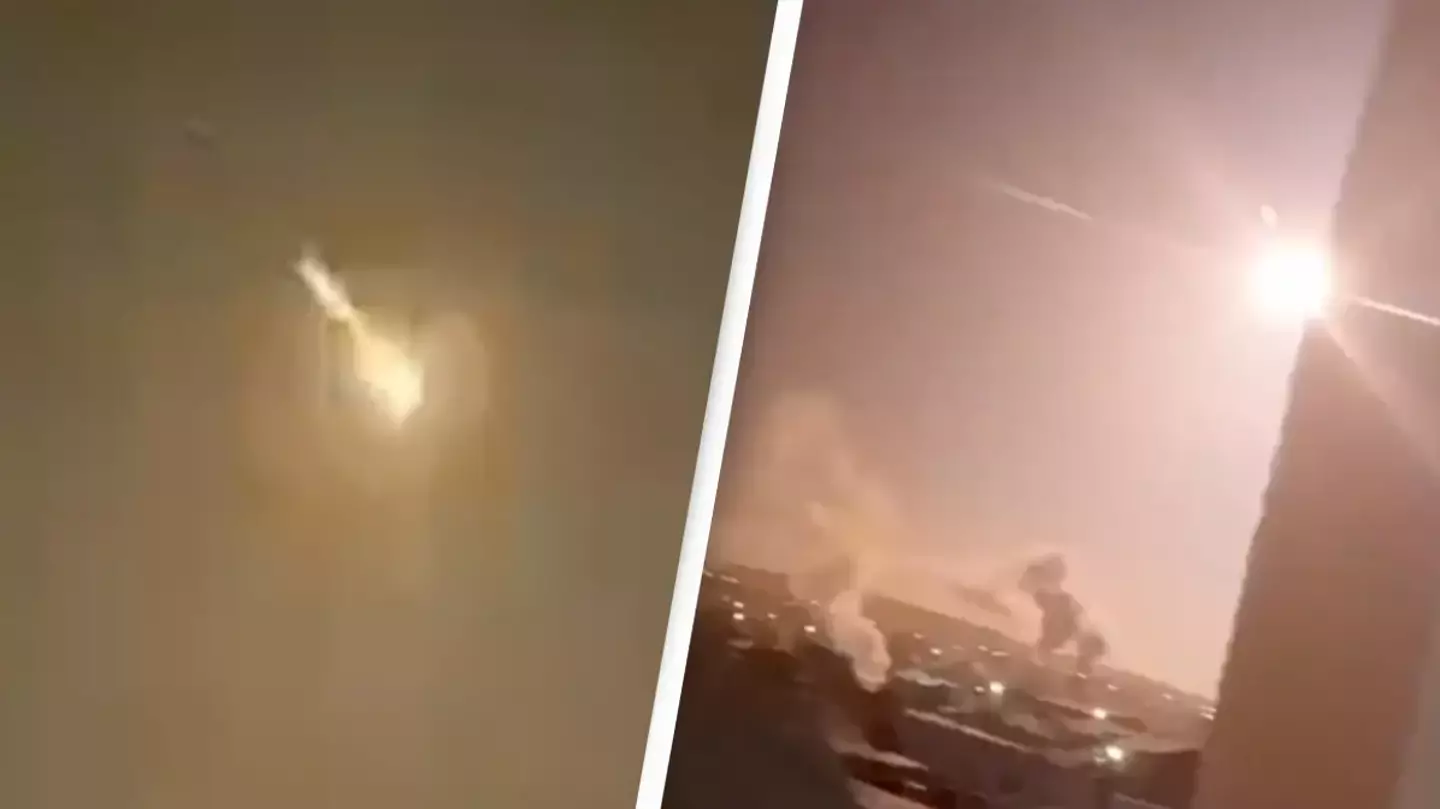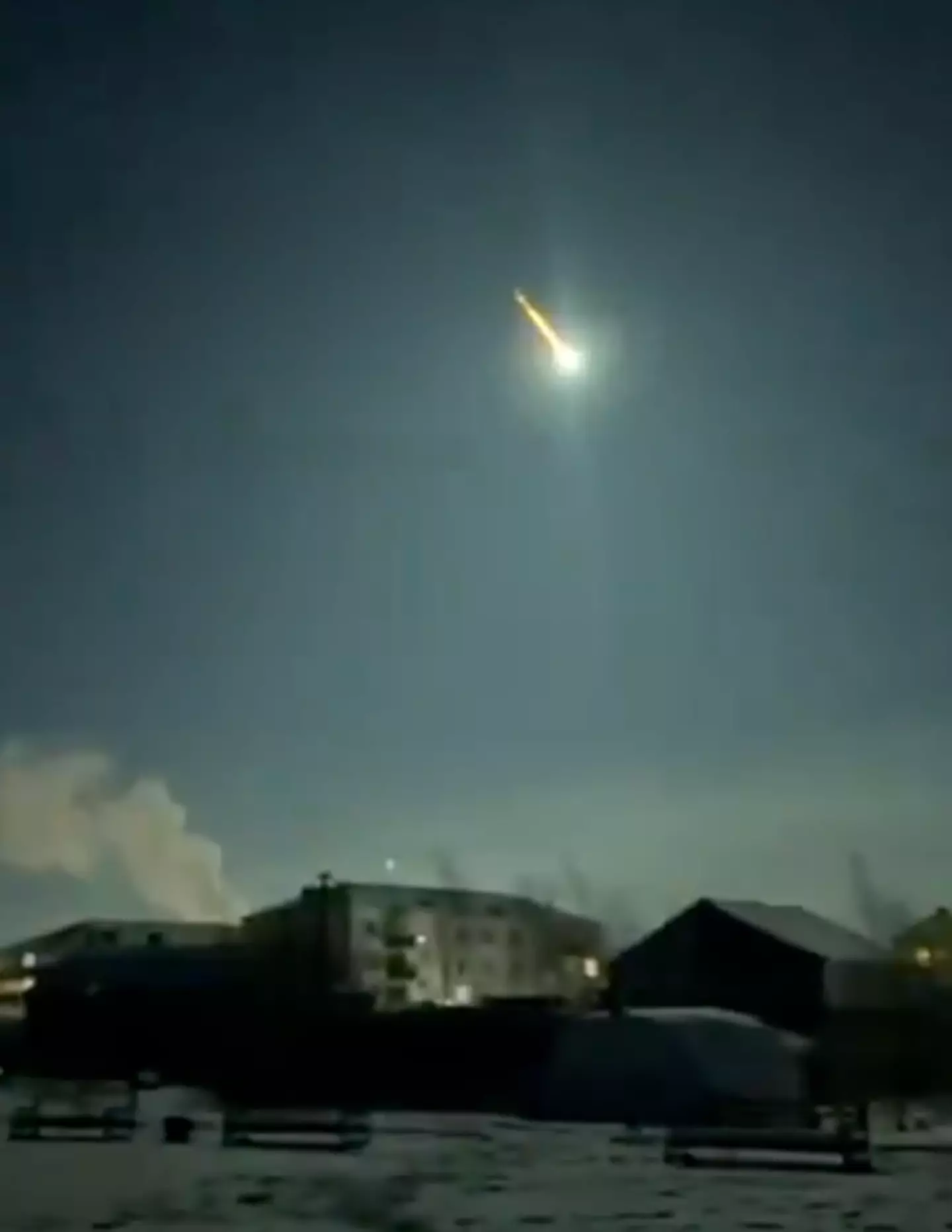
An asteroid impacted Earth's atmosphere and footage shows the moment it blazed through the sky.
NASA's Asteroid Watch revealed an asteroid would be impacting Earth's atmosphere and creating 'a harmless fireball'.
And remarkable videos of the event taken from the Russian republic of Sakha, in northeastern Siberia have since been widespread over social media showing the fireball soaring through the sky earlier this morning (December 4).
Account NASA Asteroid Watch - NASA's Planetary Defense Coordination Office which 'detects, tracks, and characterizes Near-Earth Objects (NEOs) to enable mitigation of potential future NEO impacts' - took to Twitter yesterday to issue the update.
The post reads: "At 11:14am EST, a very small (<1m) #asteroid will impact Earth's atmosphere and create a harmless fireball over eastern Russia's Olyokminsky District.
Advert
"The asteroid was first observed with the University of Arizona's Bok telescope by the @NASA funded Catalina Sky Survey and Spacewatch. The impact prediction was made by the Scout system at @NASAJPL's Center for Near-Earth Object Studies (CNEOS)."
And sure enough, footage has since emerged online showing the moment the asteroid impacted Earth's atmosphere.

Multiple videos shared to Telegram and later Twitter show a light blazing brightly through the sky, before fading out in a glimmer.
Advert
Indeed, the European Space Agency (ESA) noted the 'small asteroid' measured 'around -70cm in diameter' and produced 'a nice fireball in the sky over northern Siberia'.
The Sakha emergencies ministry said it was placed on alert for the asteroid, but thankfully the ESA reassured the 'impact' on Earth's atmosphere was harmless and added: "Thanks to observations from astronomers around the world, our alert system was able to predict this impact to within +/- 10 seconds."
And it's not taken long for people to flood to the post to weigh in.
One Twitter user said: "Amazing they could pick up, track and predict something so small really."
Advert
Another added: "70 centimeters?!? That’s not an asteroid. That’s an asterette."
A third wrote: "Woow."
While a fourth commented: "Cool."
And it's not the only asteroid set to fly by Earth this week with NASA's jet Propulsion Laboratory reporting an asteroid - called 2020 XR - is set to whizz by today at around 12:27am ET.
Advert
However, it's set to pass at a distance of 1.37 million miles so won't be impacting the Earth's atmosphere which is just as well given it's a lot bigger, measuring 1,200 feet in diameter.
Topics: NASA, Space, Technology, Earth, Social Media, Russia